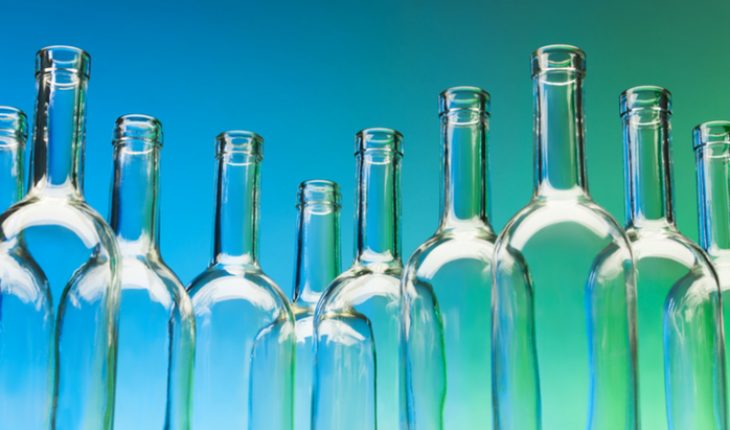
Alcohol has no nutritional benefit. It's a toxin which contains excess calories and contributes to putting on weight without any positive outcome for health. There has been some scientific studies that moderate intake of dark wine, containing polyphenols and antioxidants, may help to reduce oxidative damage in your body, but a landmark report by the Chief Medical Officer Dame Sally Davies, published in 2023, has dismissed the argument that red wine can be healthy.
The recommended lines are that there is no safe degree of alcohol consumption. If people do drink, the maximum they should consume is 14 units a week, based on the latest official guidance. Alcohol is a toxin that damages the liver and other organs in the body.
Alcohol is really a toxin that damages the liver along with other organs in your body.
Even moderate consumption of alcohol also leads to weight gain around the middle, that is a risk factor for cardiovascular disease. This is because it's drawn in excess of usual meals along with normal calorie intake. Alcohol contains more calories per gram than carbohydrate, protein and is mostly in the form of refined sugar.
Ironically, people who drink a lot with time can are afflicted by malnutrition simply because they give up eating and get all their calories in the drinks they consume. This leaves them with a deficit of fat and protein and many from the essential minerals and nutrients. Alcohol also damages and destroys B-vitamins, especially thiamine (Vitamin B-1). B vitamins are important for the smooth running from the nervous system and energy metabolism. Heavy drinking on a regular basis boosts the risk of health issues including liver cirrhosis, heart disease and certain cancers.
Magnesium deficiency in regular drinkers can result in confusion, apathy and insomnia and insufficient zinc results in insufficient appetite and lethargy.
Even moderate intake results in putting on weight.
To minimise these effects, people with moderate to high alcohol intake are encouraged to replenish nutrient stores when you eat plenty of fruits and vegetables, nuts, salads, legumes, eggs and chicken. Health supplements and mineral and vitamin supplements may also be taken to counter the effects of nutrition depletion caused by drinking.

